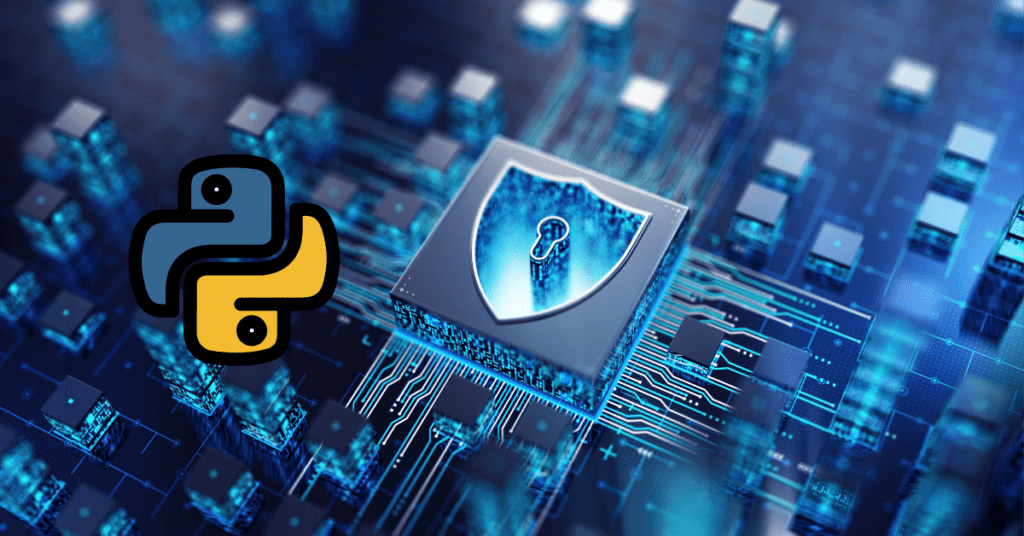Python A Powerful Ally in the Realm of Cybersecurity
The ever-evolving landscape of cybersecurity demands agile and adaptable tools. Enter Python, a versatile programming language that has become a mainstay for security professionals. But what makes Python so well-suited for this critical domain? Let’s delve into the compelling reasons why Python reigns supreme in the cybersecurity realm.
Table of Contents
ToggleUnparalleled Ease of Use
Python’s beginner-friendly syntax makes it an ideal language for those new to programming. Its readability, with clear and concise code blocks, allows for faster development and easier maintenance. This is a significant advantage, especially for security professionals who may not have extensive coding experience. They can quickly grasp the fundamentals and start automating tasks or building custom security applications.
A Treasure Trove of Security-Focused Libraries
The true power of Python lies in its extensive ecosystem of libraries. These pre-written modules provide a wealth of functionalities specifically tailored for cybersecurity endeavors. Here are some prominent examples:
- Network Security: Libraries like Scapy and Nmap empower you to conduct network security assessments, perform vulnerability scans, and analyze network traffic.
- Vulnerability Scanning: Frameworks like Nessus.py and BeEF integrate seamlessly with Python, allowing you to automate vulnerability scanning processes and identify potential security weaknesses.
- Malware Analysis: Powerful libraries like Cuckoo Sandbox and PyMal provide a robust platform for analyzing malware samples, understanding their behavior, and creating effective detection mechanisms.
- Password Cracking: Hashcat, a potent Python-based tool, aids in password cracking simulations, helping you assess the strength of your password hashing algorithms.
- Data Forensics: Libraries like ForensicsPy and pyForensics provide functionalities for parsing evidence files, extracting digital artifacts, and conducting forensic analysis.
Open-Source Advantage: Collaboration and Cost-Effectiveness
Python’s open-source nature offers distinct benefits for cybersecurity professionals. The free and open availability of the language fosters a collaborative community. Security experts can share code, contribute to existing libraries, and benefit from the collective knowledge base. Additionally, being open-source eliminates licensing costs, making Python a budget-friendly choice for individuals and organizations alike.
Automating Mundane Tasks: Freeing Up Time for Strategic Efforts
Security professionals are constantly bombarded with repetitive tasks. Python shines in automating these mundane activities, such as log analysis, security report generation, and vulnerability scanning processes. By automating these time-consuming chores, Python empowers security professionals to focus on more strategic initiatives, like threat hunting, incident response planning, and proactive security posture improvement.
Beyond the Basics: Advanced Security Applications with Python
Python’s capabilities extend far beyond automating routine tasks. Here are some advanced applications that showcase Python’s prowess:
- Developing Custom Security Tools: Python’s flexibility allows you to create custom security tools tailored to your specific needs. This could involve building intrusion detection systems, scripting for security incident response, or crafting tools for web application security testing.
- Security Research and Exploit Development: With libraries like Cryptography and Paramiko, Python empowers security researchers to delve into the intricacies of cryptography and exploit development, ultimately contributing to the collective understanding of cyber threats.
Sharpening Your Cybersecurity Arsenal with Python
The compelling reasons to leverage Python in cybersecurity are undeniable. Its ease of use, rich library ecosystem, open-source nature, and automation capabilities make it an indispensable tool for security professionals of all experience levels.

























